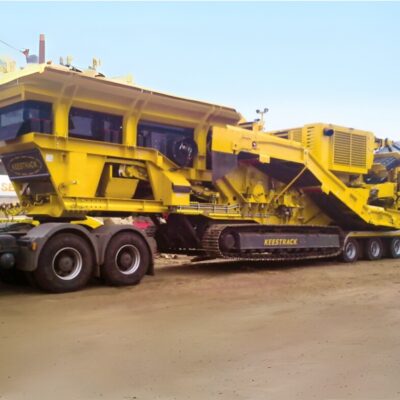When people attend a conference, they expect everything to go smoothly, from registration to finding their seats. But behind the scenes, a lot of planning happens. This planning is called event operations. In simple words, it means managing everything that happens before, during, and after the event.
In this blog, let’s talk about what kind of event operations are important in a conference event, and what precautions should be taken to avoid problems. This will help you understand how event management operations work, even if you’re not an expert.
1. Conference Venue Preparation
Choosing and preparing the venue is the first and most important step. This is part of venue operations management.
The team needs to:
- Make sure the venue is clean, safe, and ready
- Check lights, sound, air conditioning, and stage setup
- Keep signs and directions clear so guests don’t get confused
Precautions:
- Have a backup power supply
- Check all equipment a day before the event
- Keep fire exits clear and marked
2. Onsite Event Registration
Guests should not wait too long at the entrance. That’s why onsite event registration is important. It helps people check in quickly and get their badges or entry passes.
Good event operations always include a fast and smooth registration process.
Precautions:
- Use digital systems or QR code scanners to save time
- Have extra staff at the desk for busy hours
- Keep a help desk for people with problems
3. Speaker & Guest Management
A conference always has speakers or special guests. They need to feel comfortable and supported. This task comes under event management operations.
What the team does:
- Pick them up on time
- Give them schedules and guides
- Help them set up slides or presentations
Precautions:
- Always have a backup mic or clicker
- Assign a person to assist each speaker
- Test presentation equipment before the session
4. Crowd & Flow Management
When too many people move in and out at once, things can get messy. That’s why managing the crowd is a part of event operations best practices.
You should:
- Control how people enter and exit
- Keep signs to guide them
- Avoid crowding in break areas and entrances
Precautions:
- Place staff at main entry points
- Make announcements for session times and directions
- Avoid overbooking the hall
5. Live AV & Technical Support
All conferences need working microphones, screens, projectors, and the internet. This is where event technology services come in. Without them, even a great speaker can’t do much.
The tech team should:
- Set up sound, visuals, and internet properly
- Keep extra cables and devices ready
- Help with last-minute changes
Precautions:
- Test everything before the event starts
- Keep a technician on standby in every hall
- Check Wi-Fi access points
6. Seating and Comfort
Guests need to sit comfortably, especially if the conference is long. This part of venue operations management is often missed, but is very important.
Make sure to:
- Arrange chairs properly
- Leave enough space between rows
- Keep water bottles or refreshment areas nearby
Precautions:
- Clean the chairs before use
- Avoid plastic chairs that break easily
- Keep wheelchairs or ramps ready for guests who need them
7. Health & Safety Check
Since COVID, everyone is more careful about safety. In a conference, you must take health seriously.
What you can do:
- Provide hand sanitizers at the entrance
- Clean all common surfaces regularly
- Make sure the washrooms are clean and working
Precautions:
- Ask people not to attend if they feel sick
- Keep a small medical room or first aid station
- Hire trained security staff
8. Emergency Planning
Sometimes, unexpected things happen. Maybe someone falls sick, or there’s a technical problem. So, event operations should always include a plan for emergencies.
You should:
- Have first aid ready
- Set up an emergency contact team
- Train your staff on how to react
Precautions:
- Know the nearest hospital or clinic
- Keep a list of important phone numbers
- Practice a quick drill with your team before the event
9. Feedback Collection
After the conference ends, it’s important to know what worked and what didn’t. This helps improve future event operations.
You can:
- Share an online feedback form
- Ask guests simple questions before they leave
- Use tablets at the exit gate
Precautions:
- Keep it short and easy to understand
- Don’t ask for too much personal data
- Give small thank-you gifts to those who give feedback
10. Pack-up and Exit Plan
When the event is over, the job is not done yet. You need to clean the place, remove banners, return rented items, and thank your guests and staff.
Precautions:
- Do not leave waste or belongings behind
- Check if anything is broken
- Make a list of things to fix for next time
Final Words
Organizing a smooth conference is not just about the speakers or the crowd. It’s about all the small and big event operations that happen in the background. From onsite event registration to venue operations management, every part needs good planning and care.
Following these easy event operations best practices and precautions helps create a safe, professional, and enjoyable experience for everyone. Whether you’re planning a small seminar or a big international event, using the right event management operations and smart event technology services can make your conference successful and stress-free.




